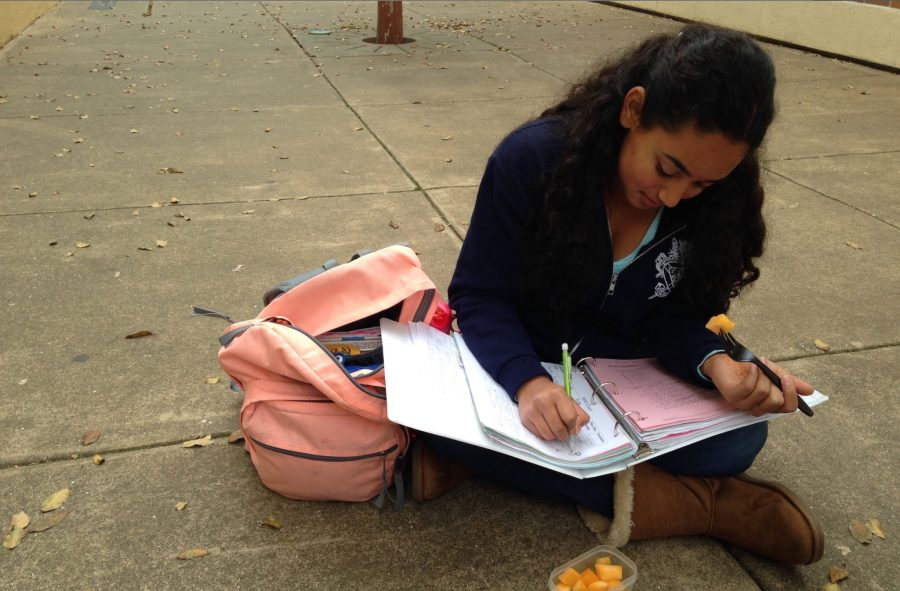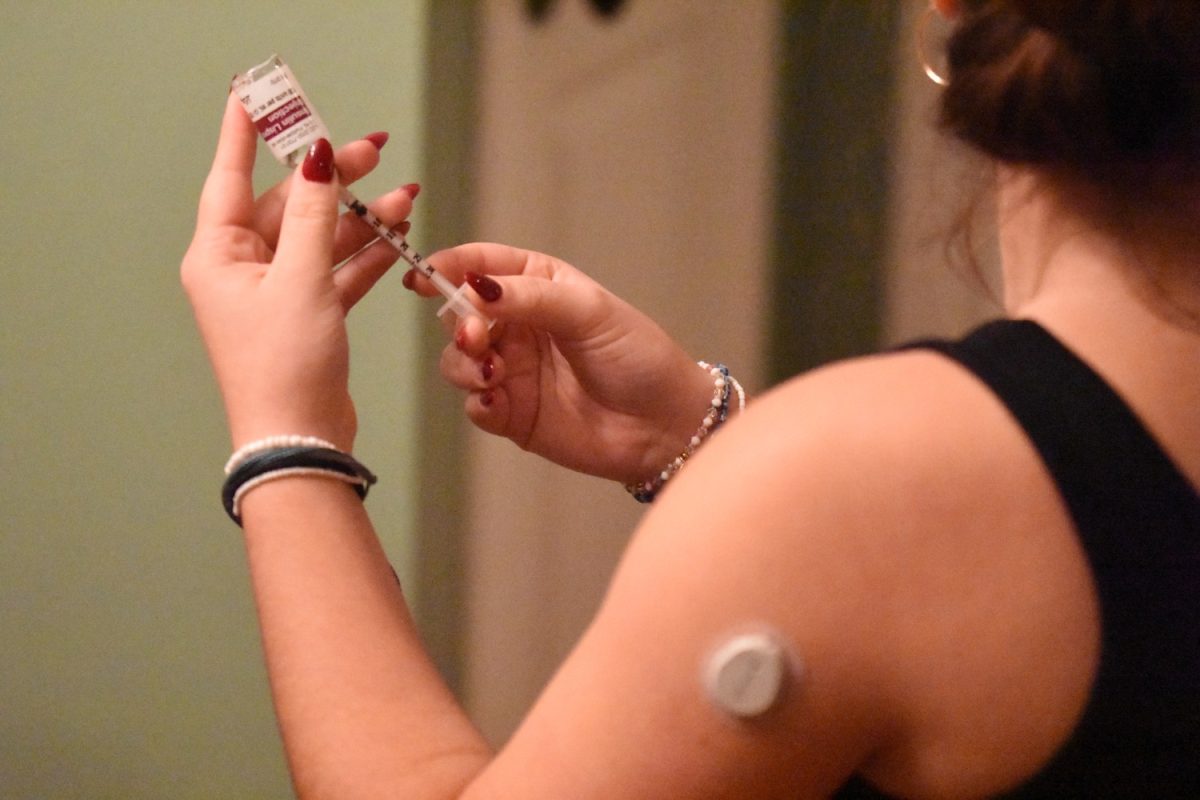When seeking to improve their grades, students seldom think about heading towards the fridge.
However, numerous studies done by the Centers for Disease Control and Prevention, the National Institutes of Health, and various universities have shown that teenagers’ eating habits strongly affect academic performance. Factors that promote this correlation include energy level, brain capacity, and overall health.
“If you are feeling really sad in school or having a hard time focusing in school…a lot of that can be traced back to the food that you’re eating,” said Thea Runyan, the co-founder and head of coaching and curriculum at Kurbo Health Inc.
Students tend to deeply focus on their education and consequently don’t pay enough attention to the quality and quantity of their food. Yet, their performance in school can be improved by investing in a healthier diet.
Sophomore Rishabh Kokal occasionally misses breakfast before school. As a result, he struggles during his classes in the morning.
Kokal said, “I starve when I don’t eat breakfast. By the time I get to first or second period, I feel like I’m going to throw up, and then I have to wait until lunch to put anything in my stomach.”
Runyan works to help teens shift their eating habits, emphasizing the importance of a healthy lifestyle.
“I would describe healthy eating as just balance,” said Runyan, “There is a lot of different information that’s out there on the internet: that you should go gluten free, or you should make sure your beef is grass fed, or you should eat a no carb diet, or low fat. And really just the trick is…everything in moderation.”
Maintaining nutritious eating habits also allows students to feel more alert and prepared for class.
Sami Gingher, Carlmont High School’s health aide, sees plenty of students who don’t nourish themselves properly. Teenagers who skip breakfast are an issue that she deals with frequently.
“Students are replacing breakfast with a Starbucks drink…and at about 9:30 [a.m.] they’re crashing,” said Gingher, “They’ve got migraines due to caffeine withdrawals, or they have low blood sugar because they haven’t eaten.”
In general, taking care to maintain a constant energy level can play a key role in helping students participate and pay attention during school hours.
Grace Purcell, a sophomore, attributes her activity in class to the amount of energy she has at the time.
“If I’m super tired one day, I’m not really focusing. I’m not putting in the effort that I need to,” said Purcell, “I focus a lot more when I have more energy, and if I have to sit in class then I might as well put it towards learning.”
The National Institutes of Health recommend roughly 2,000 to 3,200 calories a day for males ages 14 to 18, and between 1,800 to 2,400 calories a day for females of the same age. If a student were to fall below their minimum caloric requirements, they risk detrimental effects on their health, such as the migraines mentioned by Gingher.
Gingher recommends eating a healthy meal or snack before an exam, but it depends on the person to understand what will allow them to perform at their best.
In addition to how much a person eats, specific nutrients alone can serve to influence brain activity. One, in particular, is omega-3 fatty acids, found in nuts, fish, plants, and select kinds of seafood.
According to a report by the Northern Michigan University, omega-3 fatty acids optimize brain performance, and a lack of these fatty acids can cause depression, poor memory, low IQ, learning disabilities, dyslexia, and attention deficiency disorder (ADD).
Particular foods can be beneficial in moderation. Still, Runyan discourages fixating on one food item while ignoring others, as well as eliminating food groups, such as carbohydrates, entirely from one’s diet.
“A lot of those behaviors are not even sustainable. Maybe you have a short-term impact, but long-term, that’s not something you can sustain. Again, it comes back to balance,” said Runyan.
Students who don’t eat a nutritious diet can try eating more natural, unprocessed foods like fruits, vegetables, and whole grains. They may not only see benefits in their school life but for their overall health as well.
So the next time an exam comes up, students might want to consider heading towards the fridge.






















